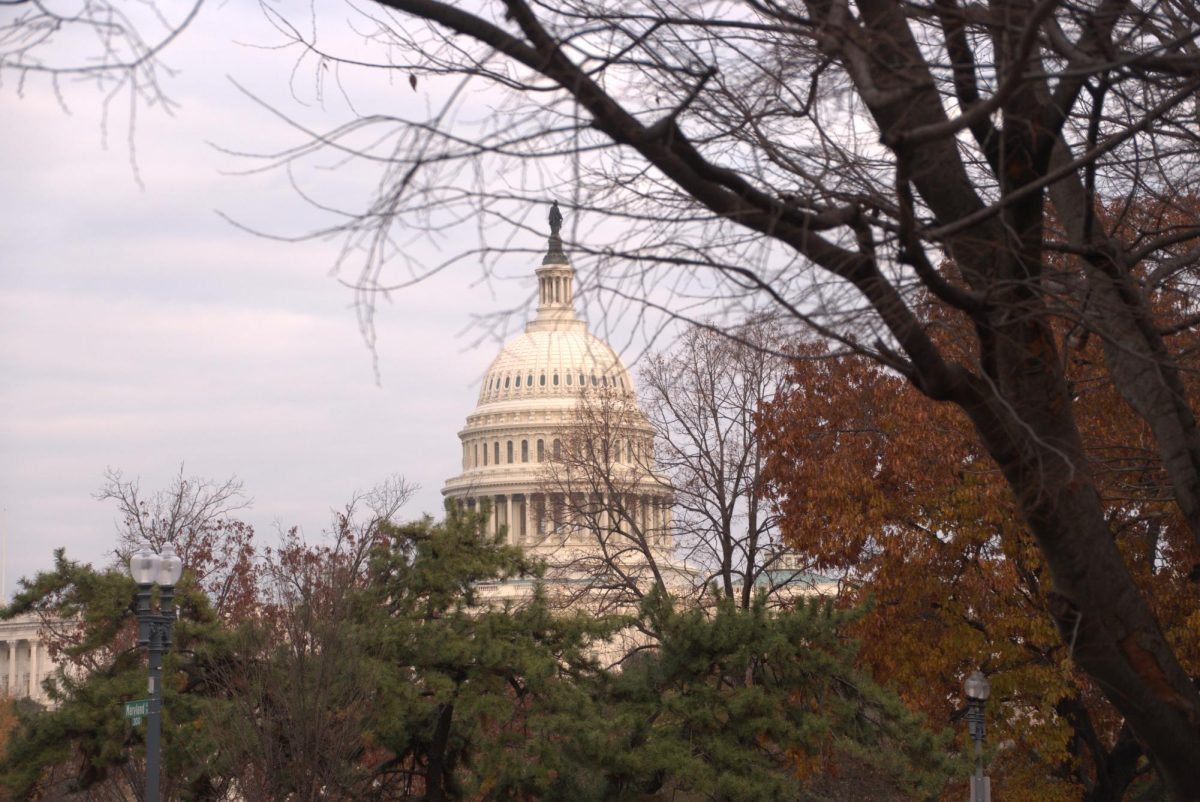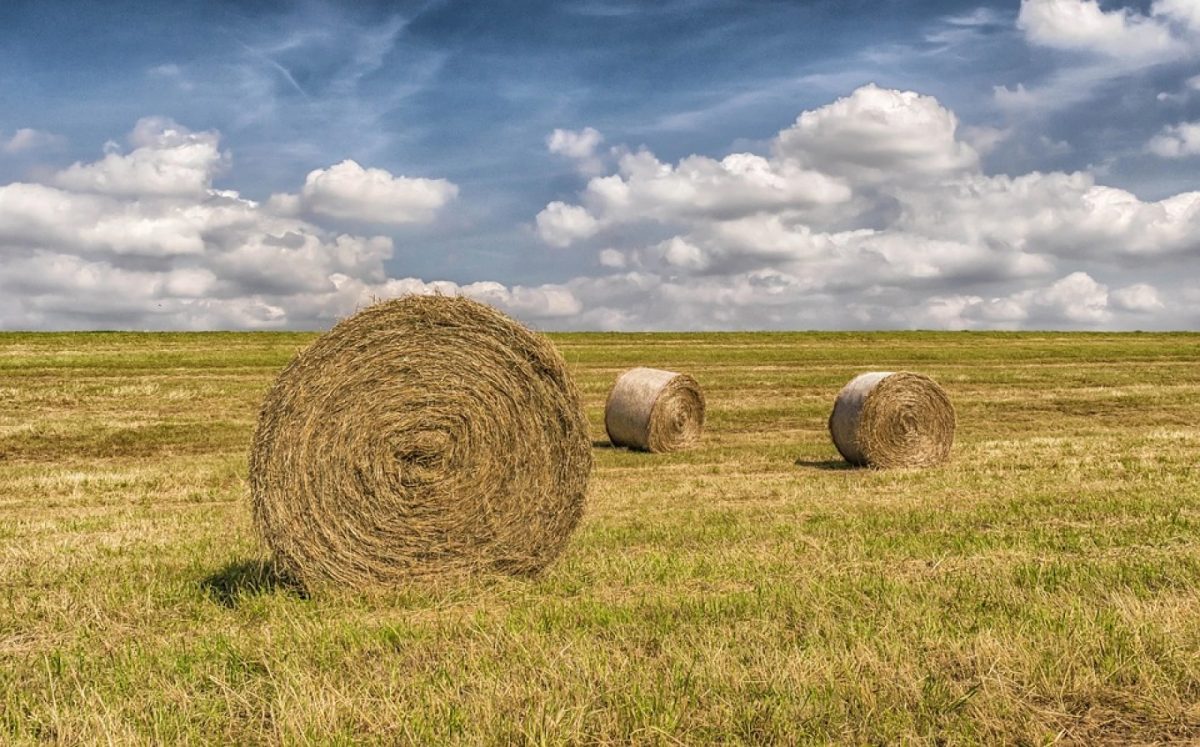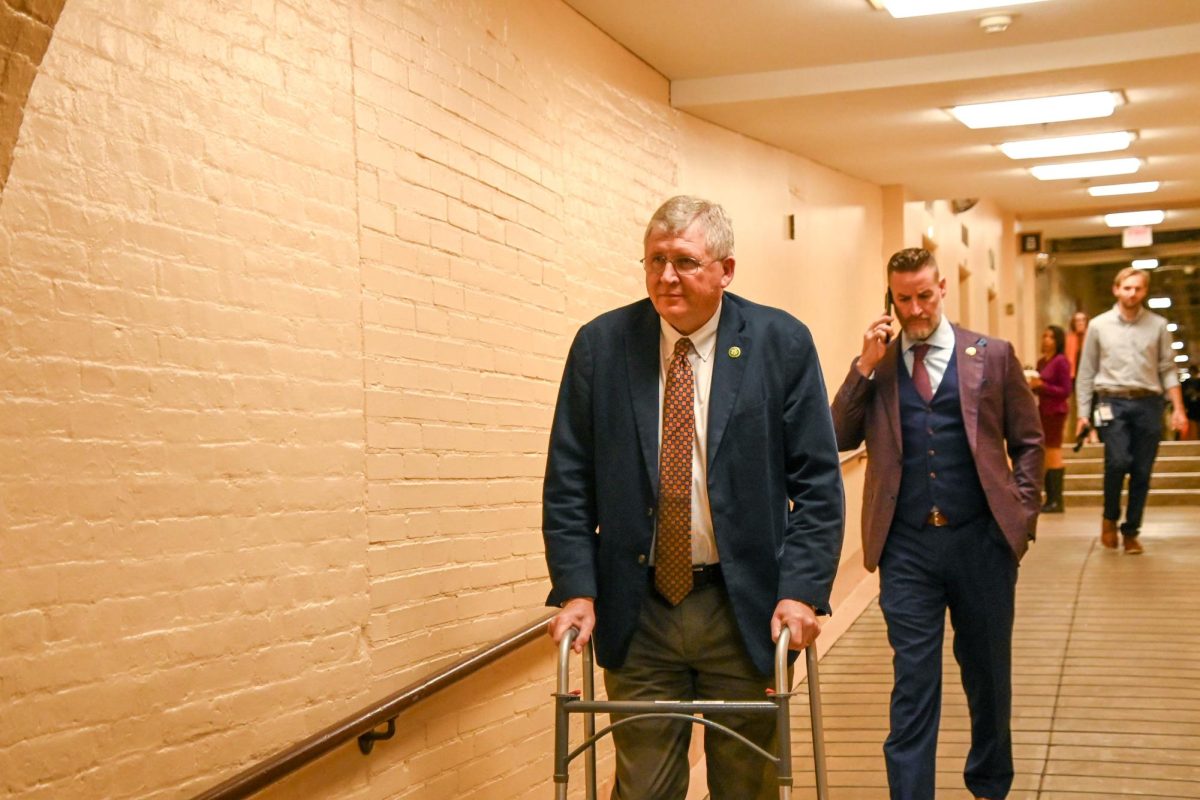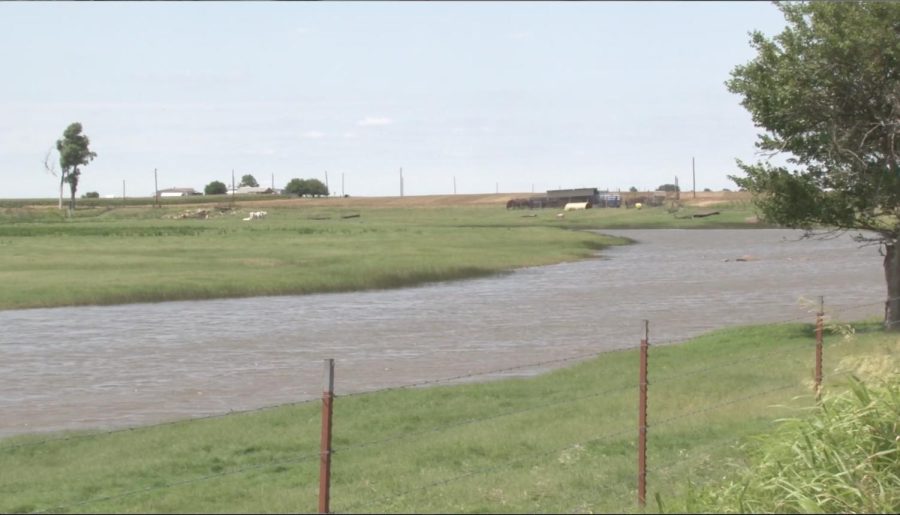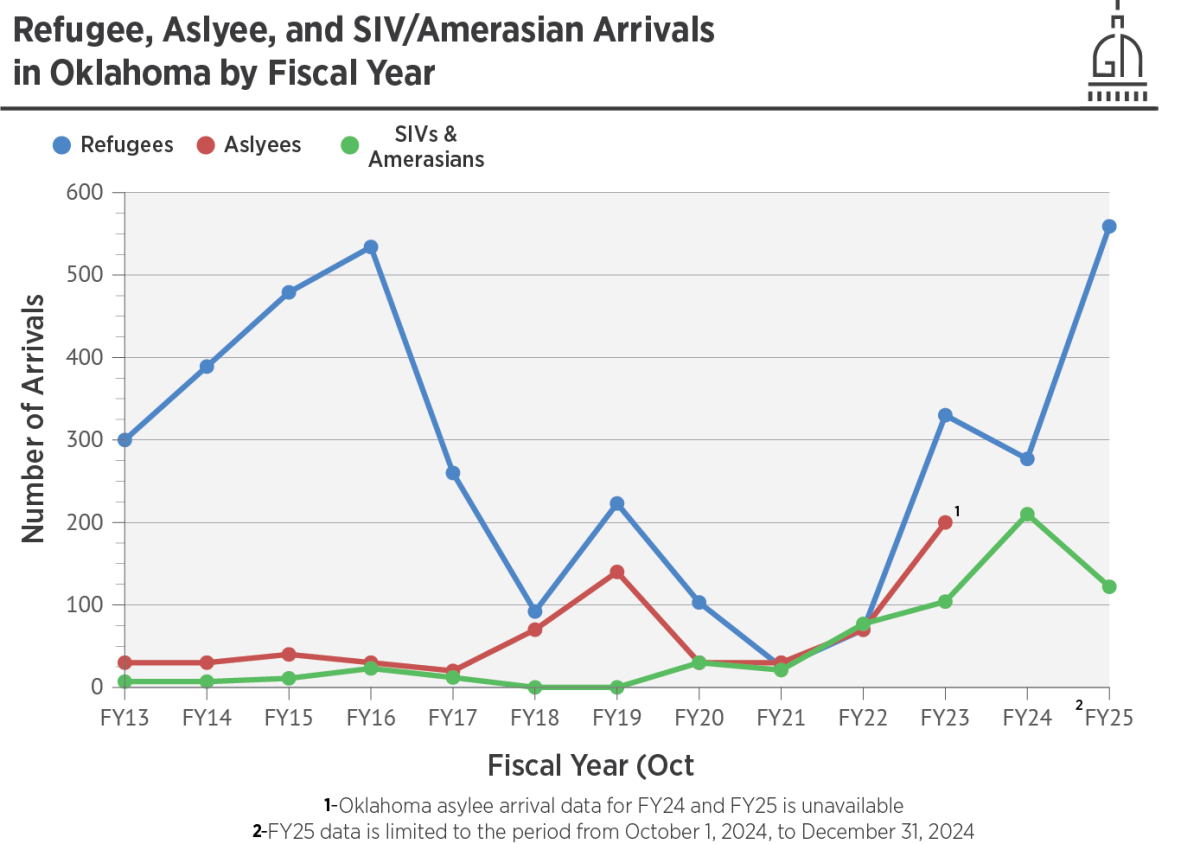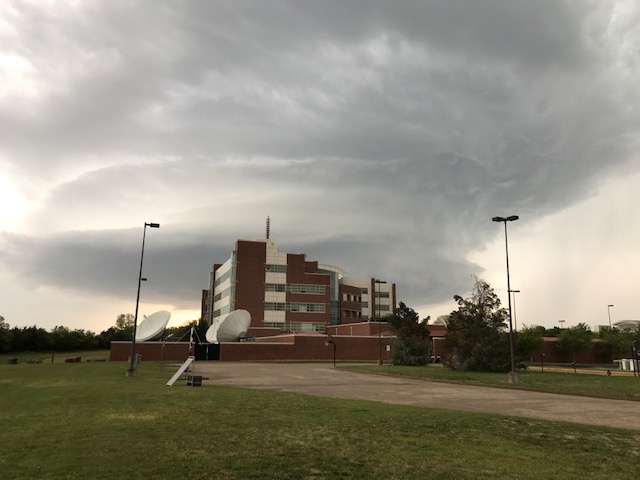WASHINGTON – As the stopgap funding bill’s Friday expiration date looms, Congressional leaders said they have reached a bipartisan deal to keep the government open amid pressure to provide economic assistance for farmers setting up a Friday night vote as Congress prepares to adjourn.
Without a new stopgap funding bill called a continuing resolution, or CR, extending federal funding past Friday, government agencies would shut down at 12:01 a.m. on Saturday.
With the new stopgap funding expiring on March 14, 2025 the 119th Congress and incoming President Donald Trump will have until then to negotiate how the government will be funded.
The latest spending bill includes a one year extension of the 2018 farm bill, $20 billion in disaster relief for farmers and $10 billion in economic assistance for farmers.
Agriculture Committee Republicans from the House and Senate House originally asked for $15 billion in economic assistance for farmers. Republican leadership offered $12 billion but that offer was rejected by House and Senate Democrats.
On Dec. 14 House Agriculture Committee Chairman Rep. Glenn Thompson (R-Pennsylvania) and Senate Agriculture Committee Ranking Member Sen. John Boozman (R-Arkansas) released a joint statement blaming Democrats.
“It appears that congressional Democrats have not learned the lessons of the most recent election and continue to neglect the needs of rural America,” Thomspon and Boozman said in a statement.
Senate Agriculture Chair Sen. Debbie Stabenow (D-Michigan) and House Agriculture Committee Ranking Member David Scott (D-Georgia) placed the blame on Republicans for rejecting the Democrat’s proposal of $10 billion in economic assistance.
“The coming onslaught of farm foreclosures and retirement sales is on the Republican leadership,” Stabenow and Scott said in a statement.
The inclusion of economic assistance for farmers comes on the heels of a successful pressure campaign launched by industry groups and agriculture-minded lawmakers.
In a Dec. 14 press release, American Farmer Bureau Federation President Zippy Duvall called on members of Congress from farming districts to vote against an end-of-the-year spending package.
“At a time when farm income is in a downward spiral and costs are rising, it’s unacceptable for Congress to turn its back on farmers,” Duvall said in a statement.
The National Farmers Union joined in on the lobbying efforts.
“Time is running out to secure a deal before the end of the year. Lawmakers must not walk away from their responsibility to rural America,” National Farmers Union President Rob Larew said in a statement. “I urge Farmers Union members to tell their elected representatives to not come home until they have delivered immediate support for family farmers and ranchers.”
In their Dec. 14 statement, Thompson and Boozman said they would oppose any spending package that lacks assistance for farmers.
“Our farmers work too hard and risk it all each year so we can have the safest, most abundant and most affordable food supply in the world. They deserve our help now,” Thompson and Boozman said.
Former House Agriculture Committee Chairman, Rep. Frank Lucas (R-Cheyenne) told Gaylord News he wouldn’t commit to a position on the continuing resolution until he saw the full package, but did say those in the agriculture community need to stick together.
“The need is legitimate out there in the countryside. The beef cattle, livestock, side of the equation is going really well right now. But the crop folks and the cotton people, and the rest of them, it’s a tough time out there,” Lucas said.
The United States Department of Agriculture is forecasting a $4 billion decrease in farm cash receipts which are used to measure the gross revenue of farm businesses.
The AFBF is projecting that farmers will lose at least $4.1 billion in uncovered crop losses due to natural disasters. The AFBF projection excludes losses from Hurricanes Helene and Milton, and North Dakota fires. Uncovered crops are crops that are not covered by crop insurance. Dr
Johnson has indicated that he intends to give lawmakers 72 hours to consider the text of the spending bill before a vote on the floor. Doing so would lead to a vote on Friday evening just hours before the current spending bill expires.
Kevin Eagleson is reporting from Gaylord News’ Washington bureau this fall as part of an OU Daily scholarship.
Gaylord News is a reporting project of the University of Oklahoma Gaylord College of Journalism and Mass Communication. For more stories by Gaylord News go to GaylordNews.net

